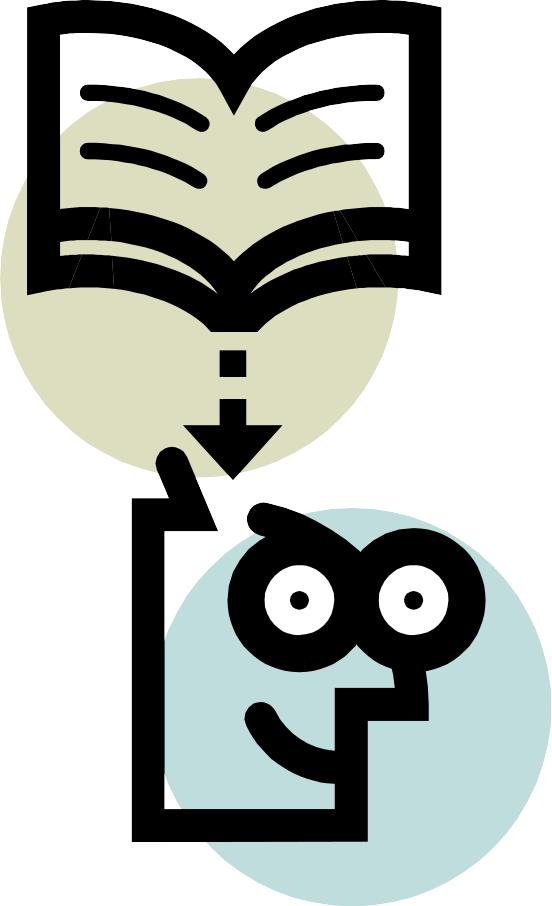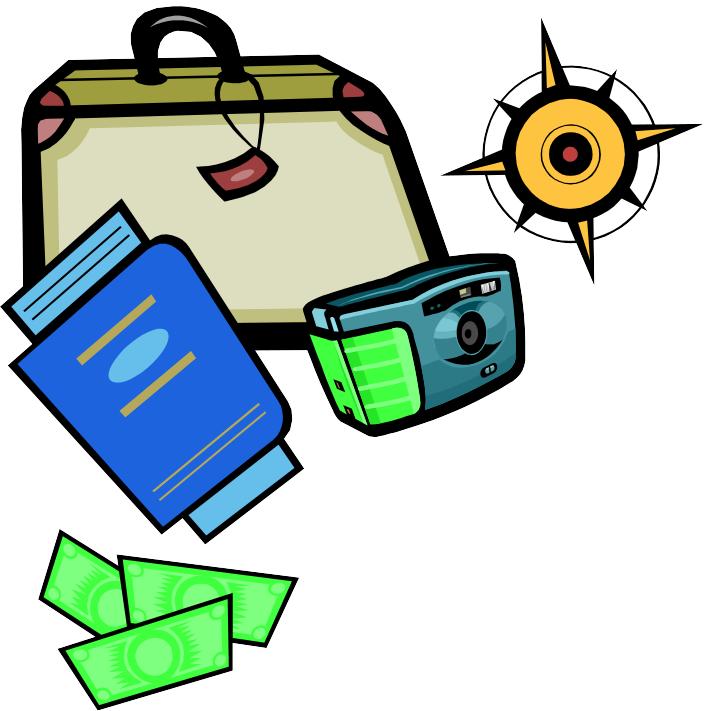
- •Focus on Language
- •Practice
- •Keep learning? Keep earning!
- •What are effective study habits?
- •Focus on Language
- •Practice
- •First degree courses in the uk
- •Focus on Language
- •Combined Science
- •Roleplay
- •Game “Why physics or math, etc.?”
- •“Starting your haunt of treasures”
- •1. How is a book organized? Put the words below in the correct order. Consult a dictionary if necessary.
- •Focus on language
- •Focus on language
- •Discuss
- •Technology and Libraries
- •A university is just a group of buildings gathered around a library.” Shelby Foote
- •Reading Report
- •Practice
- •It made it possible to …
- •It became possible/easy to …
- •It was a breakthrough in…
- •It found widespread application in…
- •Discuss
- •Focus on Language
- •Invention /discovery
- •1. Work with a partner. Name any accidental discoveries or inventions you have ever heard about. How did people benefit from them? Did they cause any problems?
- •Breakthroughs of the 20th century
- •Discuss
- •Do you think that scientific and technological achievements have really made the world a better place to live? Give reasons for your opinion. Focus on language
- •Practice
- •Practice
- •Double-edged sword
- •Comprehension check
- •Unit 3 Review
- •Rules of the Lab
- •Learning Objectives
- •In this module you will learn how to:
- •Comprehension check
- •3. Go back to the text and pay attention to the words in bold. Put them in the correct column that shows their function in the text.
- •Focus on language
- •Practice
- •Discuss
- •Global Warming: Facts vs. Myths myths:
- •Environmental Hazards of the Computer Revolution
- •Comprehension check
- •Make as many words as possible using the prefixes re-, dis-, over-, sub-,
- •Practice
- •The Advent of “Green” Computer Design
- •Is anything possible?
- •Into the 21st century
- •Into the Future
- •Learning Objectives
- •Science for the Twenty-First Century
- •As old as writing
- •Discuss
- •1. Read the text and give a title to it.// give it a title
- •Discuss
- •“The New Breed”
- •Introduction
- •Discuss
- •Go online. Find and read a short sci-fi story. Write a reading report. Make use of the Reading Report Form given in Module 3 Unit 2.
- •Learning Objectives
- •In this module you will learn how to:
- •Careers guidance questionnaire
- •Part-time Jobs vs. Holiday Jobs
- •The experience that is shaping the rest of my life
- •What can I do with a Science degree?
- •Interests:


“They know enough who know how to learn”
Henry Brooks Adams
Learning Objectives
The objectives of this module are
to organize information in a mind map
to use mind maps for vocabulary building
to learn how to give advice
to revisit Present Tenses
to talk about your ways of learning English and effective learning techniques
to keep your learner diary
Unit 1 The Way We Learn
|
Lead-in |
|
|---|---|---|
|
|
|
|
Discuss the reasons people have to study English.
Why people study the English language:
my parents want me to learn it
… because it was a part of a school programme
|
to … because … for … |
the sentence:
I learn English
Reading |
Read these interviews with three people who study English as a foreign
language. Complete the following chart.
|
Reason(s) |
Main focus of study |
Ways of learning |
Antonio
|
|
|
|
Natasha
|
|
|
|
Christina
|
|
|
|
You
|
|
|
|
1. Interviewer: Why do you study English, Pedro?
Antonio: Well, it will be necessary in my future job as a personal assistant.
So, I do a course in English at an adult institution here in Madrid.
I’ve been studying for three months here.
Interviewer: Which skills do you focus on?
Antonio: I mainly need to practise speaking, writing and reading, of course.
All in all I’m doing quite well, but I find the grammar difficult. I am
not saying I hate it – I just don’t like doing the exercises. Though I
feel you can’t really learn a language if you don’t understand how it
works. I mean, the way sentences are structured. The thing that
annoys me most is that I’m always mixing verb forms.
2. Interviewer: Why do you study English, Natasha?
Natasha: I have studied English for 5 years. Honestly I had many reasons.
First, my parents wanted me to learn it, then I got interested in
movies and music, so I read a lot of magazines. Finally, I want to
travel and meet people. I mainly focus on speaking now.
Interviewer: How do you learn it? Do you have any special methods?
Natasha: I do a lot of conversations – I talk in English with friends and even
to myself in the shower. I learn a lot of new words. I believe fluent
English is absolutely impossible with limited vocabulary, so I keep
a vocabulary notebook. A good way to learn new words is write
them on pieces of paper and stick them on the walls in my flat. Each
time I pass them by, I look at them and read. I also include one or
two phrases with these words.
3. Interviewer: Why do you study English, Christina?
Christina: It was a part of my school programme, but I wasn’t very much
interested in it. So now I am taking extra classes to improve my
skills, I would say. And, um, I really enjoy it.
Interviewer: How do you study English?
Christina: I watch a lot of video, education programmes and films. They give
me a real taste of the British people and their way of life. Of course
I don’t understand every word but I find it very useful to watch and
guess. Besides, I can stop or rewind the tape to listen again to the
part I haven’t understood or even to read the script.
Discuss
How do you learn a foreign language?
What aspects of the language (e.g.: grammar, vocabulary, …) do you find
most important?
What way of learning do you enjoy?
Which of them do you find easy/difficult?
Focus on Language
Read the following sentences. What grammar tenses are used?
I watch a lot of video, education programmes and films.
I am not saying I hate it.
I have studied English for 5 years at school.
I have been studying here for 3 months.
Present Simple and Present Progressive Present Perfect and Present Perfect Progressive
Note *The verbs that describe states are not normally used in the Present Progressive tense, e.g.: to like to remember to own to hear to consist to enjoy to suppose to have to smell to include
e.g., I hate sitting in front of the class. He doesn’t realize the responsibility he has put on his shoulders. **The verbs have, think, see and some others can be used in the Present Progressive tense but with the different meaning, e.g. I think I’d take Chemistry classes this semester. (opinion) Kathy is thinking of getting another computer. (She is planning)
***If a speaker wants to express anger, annoyance, complaint, etc. the Present Progressive with always, forever and constantly may be used
e.g., Tony’s driving me crazy. He is always trying to show me that he’s smarter than I. |
Practice
1. List each time expression under the correct tense heading. Some expressions can be used more than once.
Present Present Present Present
Simple Progressive Perfect Perfect Progressive
……….. ………… ……….. …………..
……….. ………… ……….. …………...
……….. ………… ……….. ……………
for |
every day |
still |
so far |
now |
since |
ever |
just |
forever |
always |
never |
all morning |
nowadays |
at present |
today |
2. Complete the sentences with the verbs in the present simple, present progressive,
present perfect or present perfect progressive tenses.
Libraries today are different from those in the 1800s. For example, the contents of libraries (change) ………… greatly through the years. They used to be simply collections of books, today most libraries (become ………….. multimedia centres that (contain) …………. tapes, computers, discs, films, magazines, music and paintings. The role of the library in society (change, also) …………… .
Mike is a student, but he (go, not) …………. school right now because it’s summer. He (attend) ……………… college from September to May every year, but in the summer he (have, usually) ………………… a job at the post office. In fact, he (work) ……………… there this summer.
How many tests you (take) ……………. since the beginning of the semester?
A: I am worried about Bob. He doesn’t go out to have fun or have a minute to chat.
B: Why?
A: He (study, always) ………………… something. At the moment he (do) …………… an evening class in Spanish and (enroll, just) …………………… on an Information Technology course.
Jane (tutor, often) …………….. other students in her chemistry class. This afternoon she (help) ……………… Denny with his chemistry assignment because he (understand, not) ………………… the material they (work) ……………… on in their class this week.
I’m trying to study. I (try) ………………. to study for the last hour, but something always seems to interrupt me. I think I’d better go to the library.
Speaking |
Complete the questionnaire. Tick (V) five most useful techniques for learning English. Give your reasons. Make use of the phrases in the box..
In pairs discuss your learning preferences. Are you different?Functional language: Giving explanations
I mainly need to practice …
The thing that annoys me most is …
I like/prefer/enjoy studying …
… is a major part of my learning English because …
I try hard to …
The best way to learn a language for me is …
When I … I am trying to …
As for … I want …
I feel I need …
-
useful
1. Listening to the tapes and repeating after them
2. Talking to native speakers
V
3. Practising dialogues with partners
4. Reading books and magazines in English
5. Writing down and learning every new word
6. Learning dialogues by heart
7. Making up sentences to learn new words
8. Doing translation exercises
9. Writing letters
10. Writing up words and phrases
11. Watching movies in English
12. Keeping a vocabulary notebook
13. Having classes with a private tutor
14. Translating songs in English
15. Using a grammar book
Listening |
Different people learn languages in different ways. Listen to six people talking about the ways they learn English. Match the speakers with the types of language learners below.
a systems person a teacher depender a reader
unconscious learner a risk taker a translator |
Discuss |
|
Which type of learner do you feel close to?Study help
There are no “ideal learners”.
The important thing is to understand
what kind of learner you are, develop
your strengths and overcome your weaknesses. Knowing your learning style will help you develop coping strategies to compensate for your weaknesses and capitalize on your
strengths.
What are your strengths in learning?
What are your weaknesses? How do you cope with them?
What do you think are the qualities of a good language learner? Work with a partner. Choose 5-10 most important qualities from the list below and explain your choice:
enthusiastic independent responsible intelligent
cautious attentive persistent risk taking
hard working systematic self monitoring confident
talkative accurate sociable flexible
Do these qualities help a person in other studies?
Reading |
Before you read the article on lifelong learning check if you know the meaning of the following phrases. Give their Russian equivalents:
lifelong learning decision-making skills problem-solving skills
self-confidence lifelike paintings a left-brained person
Example: Lifelong learning - learning that lasts for the whole life
- обучение на протяжении всей жизни
Read the article and answer the following questions:
What are the key skills in the world of work?
What is the main purpose of lifelong learning?
What advice does the author give to students?
What are the main learning styles mentioned in the article?
Are the people able to use the full potential of their brain?
Why is it necessary to be selective while learning?

 for
studies
for
studies
 for
social reasons
for
social reasons

 … to
improve the knowledge of the world
… to
improve the knowledge of the world for
the future job
for
the future job
 a
child-like
a
child-like